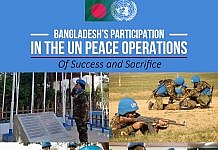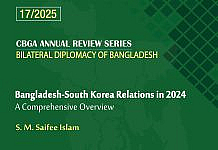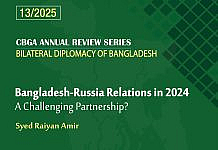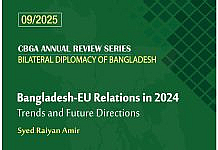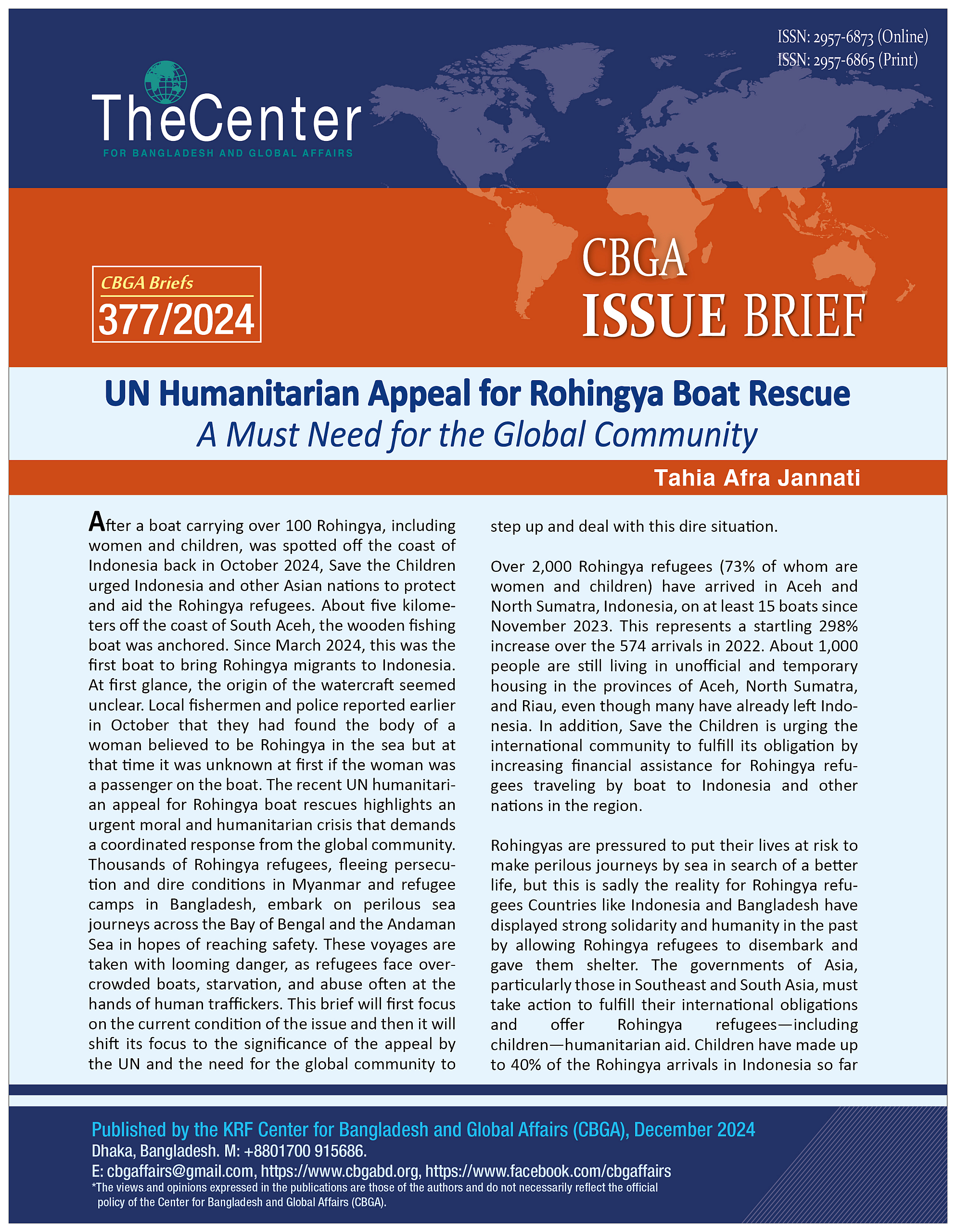
After a boat carrying over 100 Rohingya, including women and children, was spotted off the coast of Indonesia back in October 2024, Save the Children urged Indonesia and other Asian nations to protect and aid the Rohingya refugees. About five kilometers off the coast of South Aceh, the wooden fishing boat was anchored. Since March 2024, this was the first boat to bring Rohingya migrants to Indonesia. At first glance, the origin of the watercraft seemed unclear. Local fishermen and police reported earlier in October that they had found the body of a woman believed to be Rohingya in the sea but at that time it was unknown at first if the woman was a passenger on the boat. The recent UN humanitarian appeal for Rohingya boat rescues highlights an urgent moral and humanitarian crisis that demands a coordinated response from the global community. Thousands of Rohingya refugees, fleeing persecution and dire conditions in Myanmar and refugee camps in Bangladesh, embark on perilous sea journeys across the Bay of Bengal and the Andaman Sea in hopes of reaching safety. These voyages are taken with looming danger, as refugees face overcrowded boats, starvation, and abuse often at the hands of human traffickers. This brief will first focus on the current condition of the issue and then it will shift its focus to the significance of the appeal by the UN and the need for the global community to step up and deal with this dire situation.
Over 2,000 Rohingya refugees (73% of whom are women and children) have arrived in Aceh and North Sumatra, Indonesia, on at least 15 boats since November 2023. This represents a startling 298% increase over the 574 arrivals in 2022. About 1,000 people are still living in unofficial and temporary housing in the provinces of Aceh, North Sumatra, and Riau, even though many have already left Indonesia. In addition, Save the Children is urging the international community to fulfill its obligation by increasing financial assistance for Rohingya refugees traveling by boat to Indonesia and other nations in the region.
Rohingyas are pressured to put their lives at risk to make perilous journeys by sea in search of a better life, but this is sadly the reality for Rohingya refugees Countries like Indonesia and Bangladesh have displayed strong solidarity and humanity in the past by allowing Rohingya refugees to disembark and gave them shelter. The governments of Asia, particularly those in Southeast and South Asia, must take action to fulfill their international obligations and offer Rohingya refugees—including children—humanitarian aid. Children have made up to 40% of the Rohingya arrivals in Indonesia so far this year. These children are vulnerable to exploitation, gender-based violence, malnourishment, and physical abuse, among other atrocities. The hardships that Rohingya children endure on these trips should not have to be endured by any youngster. Making sure the Rohingya are not forgotten is our responsibility.
The Rohingya refugees who came in Indonesia by boat in late 2023 and early 2024 encountered previously unheard-of opposition, despite the fact that many Indonesians still sympathize with and support the difficulties they face. Many Rohingya have not yet received proper shelter from officials, while some were prohibited from disembarking, while others disembarked only to be pushed back onto the boats and sent back to sea by local people. Consequently, hundreds of refugees who have disembarked in recent months are now living in subpar, cramped, and extremely dangerous conditions where the response to protection and aid is impaired. Even while Rohingya refugees travel from Bangladesh and Myanmar all year round, most of them do so between November and March when the seas are at their best. In the unlikely event that additional boats carrying Rohingya refugees arrive in Indonesia in the final months of 2024, assistance is required to strengthen the response. In order to meet the demands of the present population and the projected influx of new arrivals in 2024, UNHCR estimates that 2.2 million USD will be needed. UNHCR has so far only received a small portion of the required cash. The reaction to the Rohingya boat arrival is still woefully underfunded.
The UN’s appeal underscores several pressing concerns. The Rohingya are one of the world’s most persecuted minorities, and their plight has reached catastrophic levels. Leaving them to suffer at sea would represent a failure to uphold international norms of human rights and refugee protection. Countries in South and Southeast Asia often refuse to allow these boats to land, citing national security and resource concerns. This “pushback” policy exacerbates the crisis and leaves refugees in limbo, with women and children especially vulnerable. The Rohingya crisis is not a regional problem but a global one. The international community must shoulder collective responsibility to provide immediate assistance and address the root causes of their plight.
To address this crisis effectively, the global community must strengthen search and rescue operations. Countries in this region need to allocate resources to patrol and rescue Rohingya boats in distress and ensure their safe disembarkation in nearby countries. The UN needs to establish fair mechanisms for resettlement and financial aid to countries hosting large numbers of refugees, such as Bangladesh. Other countries need to exert diplomatic pressure on Myanmar to address the root causes of the Rohingya’s displacement, including the restoration of their rights and citizenship. Strengthen international collaboration to dismantle trafficking networks exploiting Rohingya refugees. The Rohingya boat crisis is a test of the world’s commitment to humanitarian principles. Without decisive action, countless lives will be lost at sea, and the suffering of one of the most vulnerable populations will continue unabated. The UN’s appeal serves as a rallying cry for governments, NGOs, and citizens alike to act decisively and compassionately. Only through shared responsibility and solidarity can we uphold the dignity and rights of the Rohingya people.
– Tahia Afra Jannati is a Research Intern at the KRF Center for Bangladesh and Global Affairs (CBGA).


